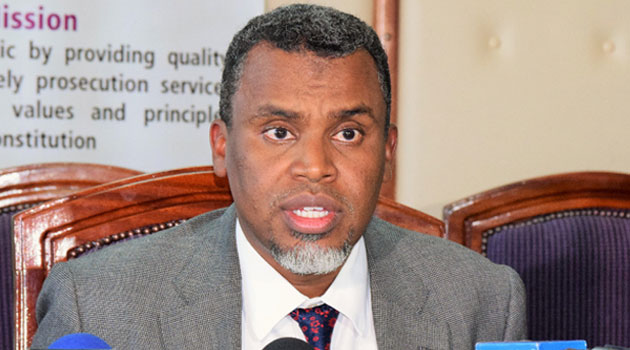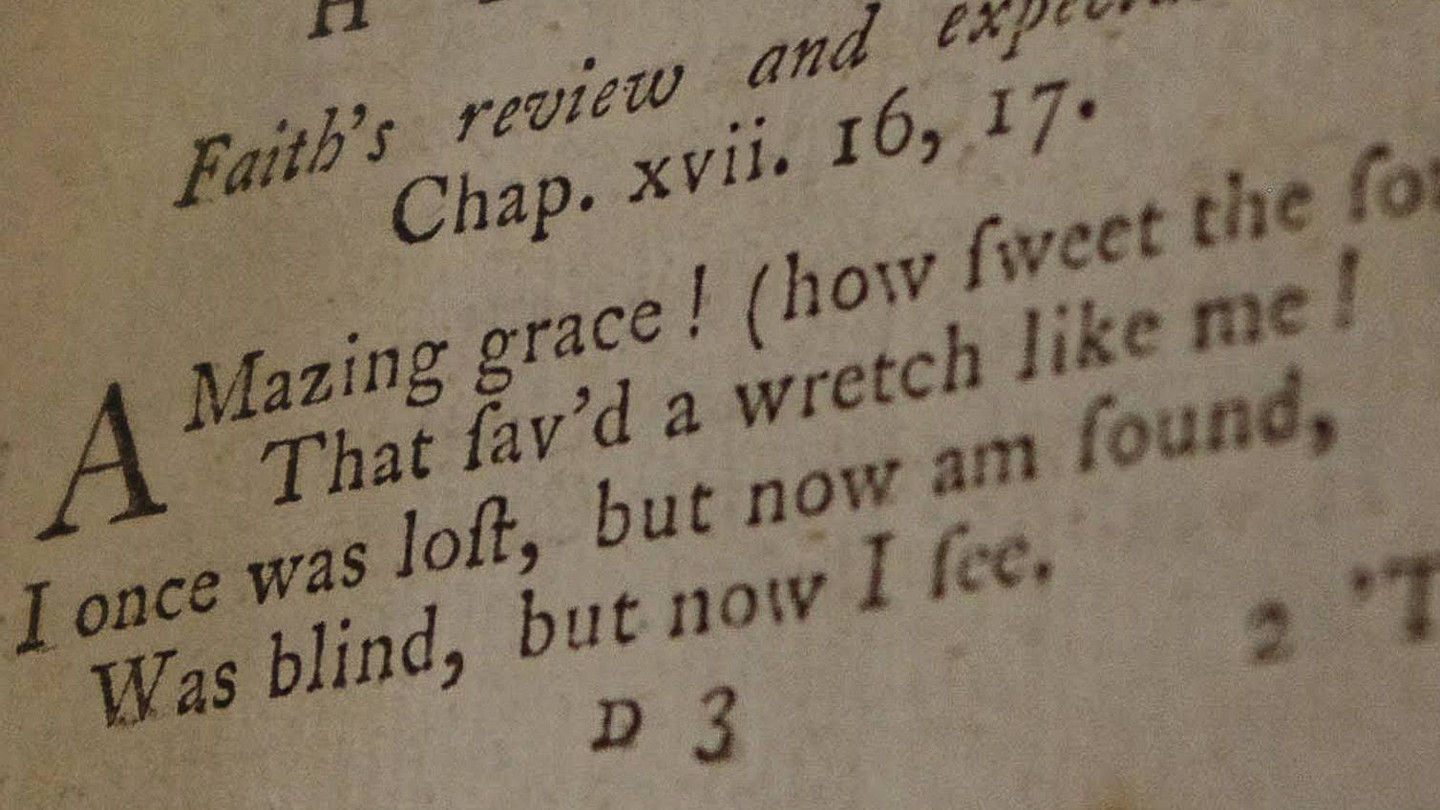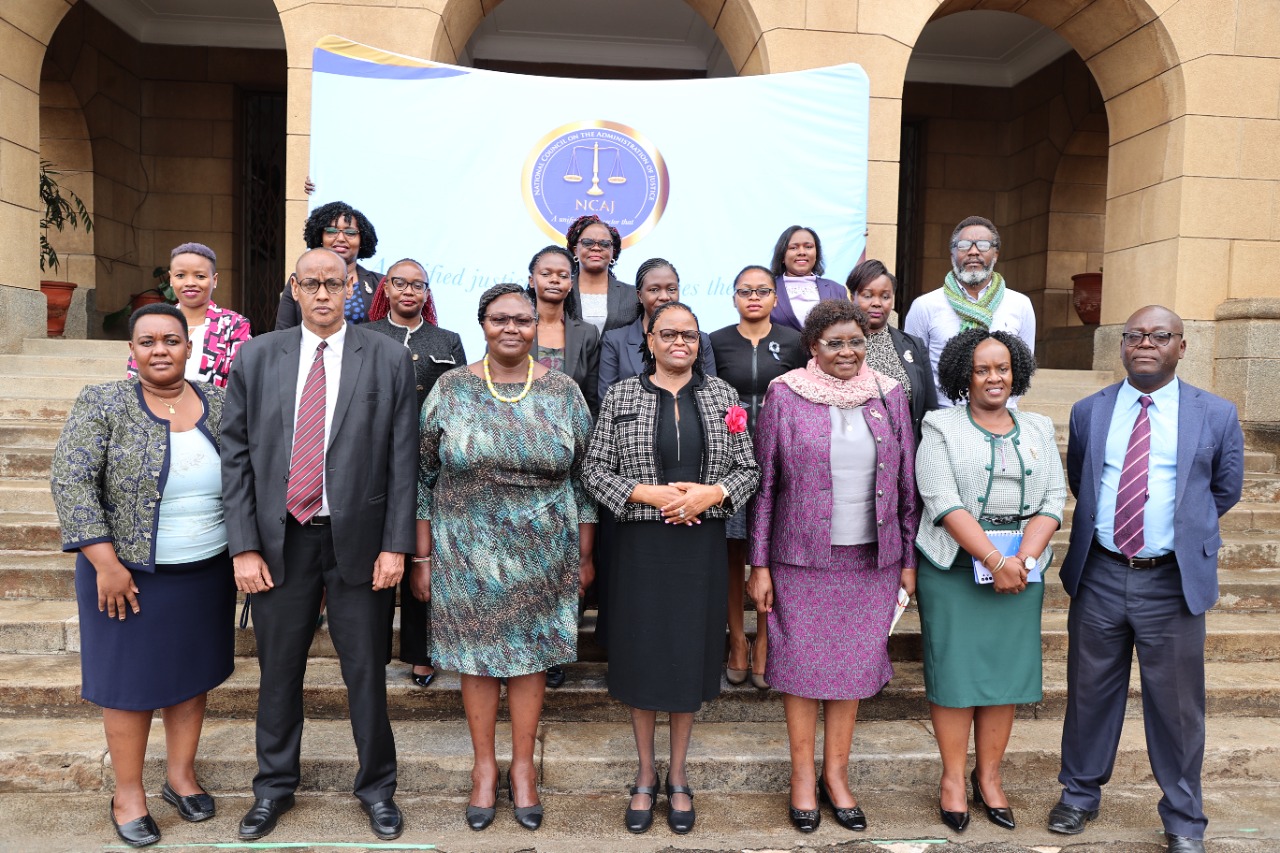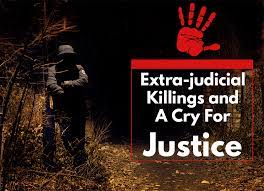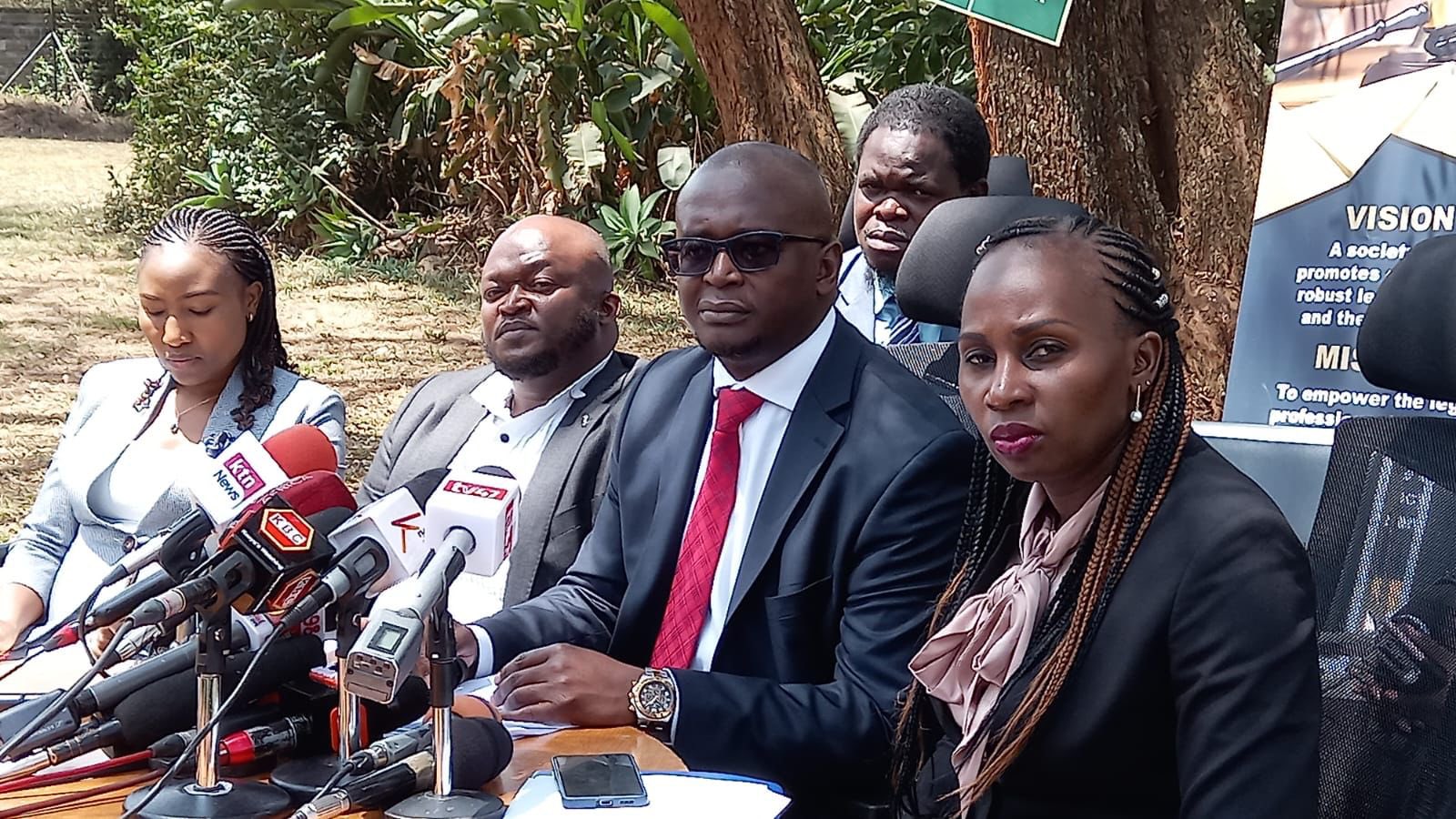The Director of Public Prosecution Noordin Haji has been faulted over a new directive that gives politicians reprieve after his office altered the approval of corruption files linked to any politicians and that their prosecution will only commence after the August polls.
“We don’t want to be accused of making decisions based on political leanings. As ODPP, we have a policy that in the run-up to the elections, political files will not be acted on until after the elections. This is the practice globally.” He said.
His directive comes barely a month after the EACC said it had concluded investigations into corruption allegations involving three governors.
“Most of these files have taken two, or three years to be investigated. Another three months for us to make the decision to charge cannot harm anyone.” DPP Noordin Haji
“Another three months for us to make the decision to charge cannot harm anyone.”
Recent data indicates that the conviction rate of anti-corruption cases increased to 63.16 percent as of June last year, however, the majority of Kenyans still feel that the fight against corruption has spared high-ranking senior government officials and political leaders hence, delaying their conclusion of high profile cases.
Abraham Mutai a political strategist, and governance expert while reacting to the move by the ODPP said, “Corrupt Governors will now loot their counties dry. Should we keep watch and let Kenya go down until elections are over? Where else in the world has a Prosecutor given grace period of immunity to thieves?” He further added that such move will hold the criminal justice system hostage.
Senator Okongó Omogeni adding his voice to the debate said that there is nothing in law that stops the justice system from prosecuting people holding public office other than the head of state. “I agree that we should not use the criminal justice system to persecute perceived enemies of either state or our political competitors, but I have not seen a best international practice where you say that people seeking elective post if they commit a criminal offense their prosecution should be deferred till after the elections cycle.”
Already a Mombasa Magistrate has postponed Malindi MP Aisha Jumwa’s Sh19m graft case to August 15 to allow her time to campaign.
With only 118 days left to the August poll, graft and crime cases are likely to increase, especially corruption, tend to occur at the county and national levels when they consider that the government is at its weakest point during an election.
“Some of the files have not reached the threshold that we require so they will be returned to EACC for further investigations and in any case, even if we were to make the decision to charge, these individuals can still run for office, they are only barred from running for an elective post if a conviction is delivered.” DPP Noordin Haji
The move to suspend the graft charges for MPs and Governors until after the polls comes amidst allegations of nepotism in a recent recruitment exercise at the Office of the Director of Public Prosecution, claims which DPP Noordin Haji has denied.
Haji had been taken to court by an activist who claimed that the shortlisted candidates held the same religious and ethnic background as him.
But in a circular dated April 6, Haji’s office clarified that the recruitment process “does not consider religion as a requirement.”
“Contrary to the recent misleading statements, the Human Resource Advisory committee adhered to the set-out criteria in shortlisting qualified candidates. The members took into consideration our national values and only shortlisted candidates who met the requirements set out in the advertisement,” his Chief of Staff Lilian Obuo said in a statement.
With all these happening in the corridors of justice, the overriding question is, what of the ordinary Kenyan?


